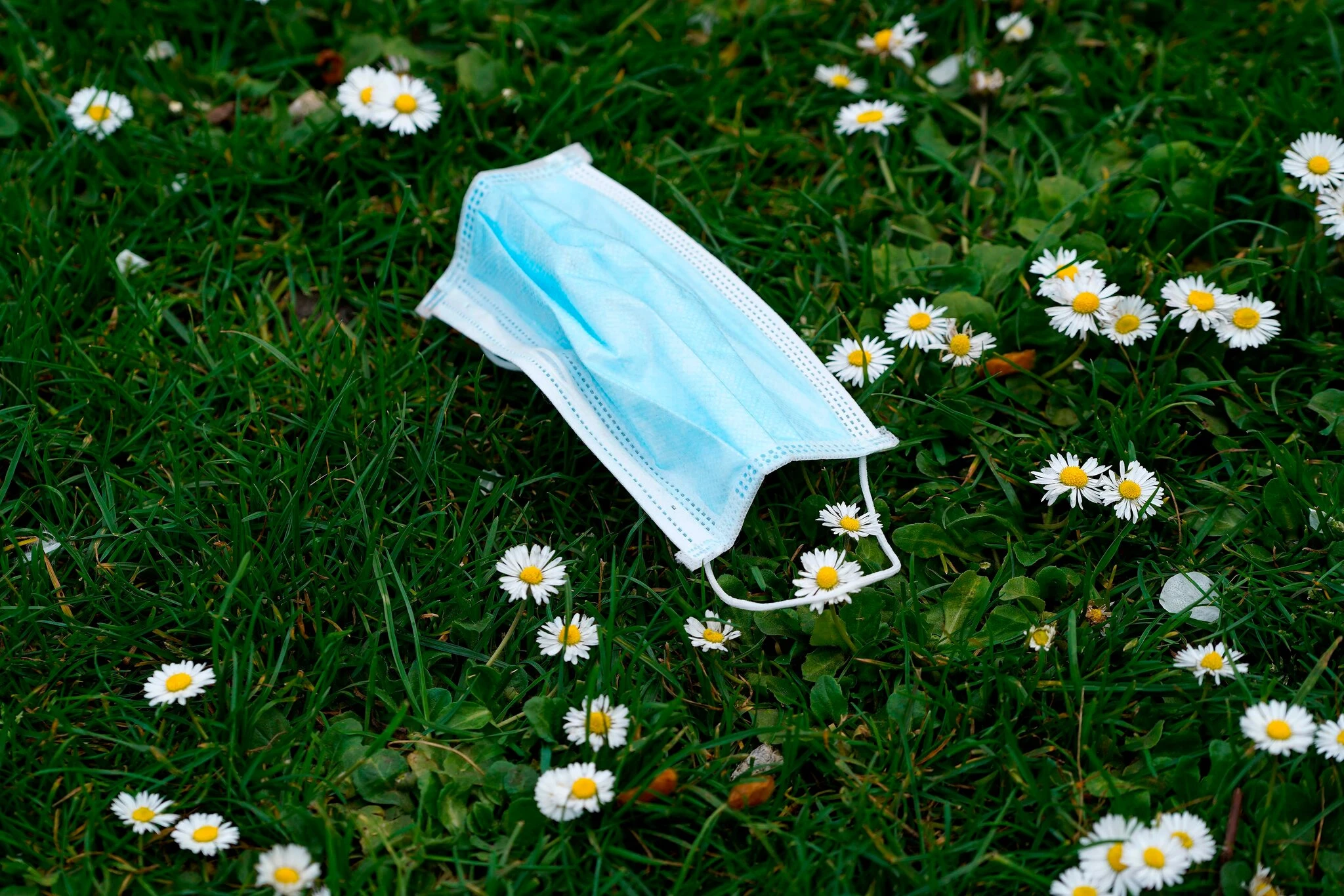(Opinion) Brazilian President Luiz Inácio Lula da Silva’s recent proposal to criminalize vaccine misinformation is sparking intense debates.
His stance underlines a critical public health issue but also risks impacting diverse narratives and scientific discourse.
Lula’s focus on penalizing misinformation about vaccines is a direct response to concerns around public health.
It’s a complex issue, especially considering the diverse opinions and studies on COVID-19 vaccines.
There’s a growing need to address false claims that could harm public understanding and response to the pandemic.
Yet, it’s equally essential to ensure that diverse viewpoints, including legitimate scientific research and findings that might not align with mainstream narratives, have a space in public discourse.
The dialogue around COVID-19 vaccines showcases a wide spectrum of scientific research.

This includes studies on vaccine efficacy, side effects, long-term immunity, and effectiveness against various strains.
It’s important to note that the presence of differing scientific views is a natural and necessary aspect of evolving scientific understanding.
Navigating the Vaccine Information Maze
In implementing measures against misinformation, distinguishing between harmful falsehoods and valid scientific discussions becomes crucial.
Policies aimed at curbing misinformation must not inhibit the free exchange of scientific ideas and findings.
A robust scientific community thrives on diverse perspectives and open debates. Suppressing this could hinder scientific progress and public understanding.
Furthermore, Lula’s approach brings to light the delicate balance between public health protection and the right to free speech.
In a democratic society, ensuring public safety while respecting individual freedoms is a complex task.
The challenge lies in crafting policies that effectively combat misinformation without encroaching upon freedom of expression and academic freedom.
The Thin Line Between Public Health and Free Speech
As Lula’s proposal moves forward, it must be carefully navigated to avoid suppressing scientific diversity and freedom of speech.
The goal should be to foster an environment where a broad range informs public health measures of scientific insights and public discourse is enriched by diverse viewpoints.
It’s about finding a middle ground where public health policies are based on sound science while respecting the principles of open dialogue and freedom of expression.

